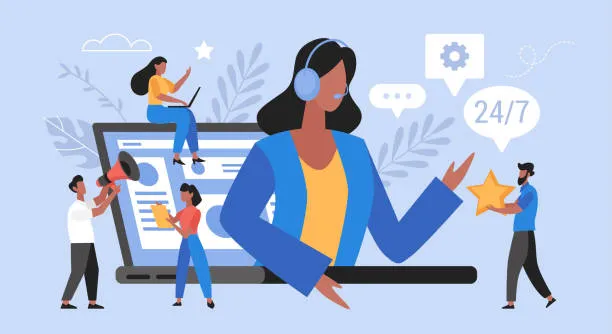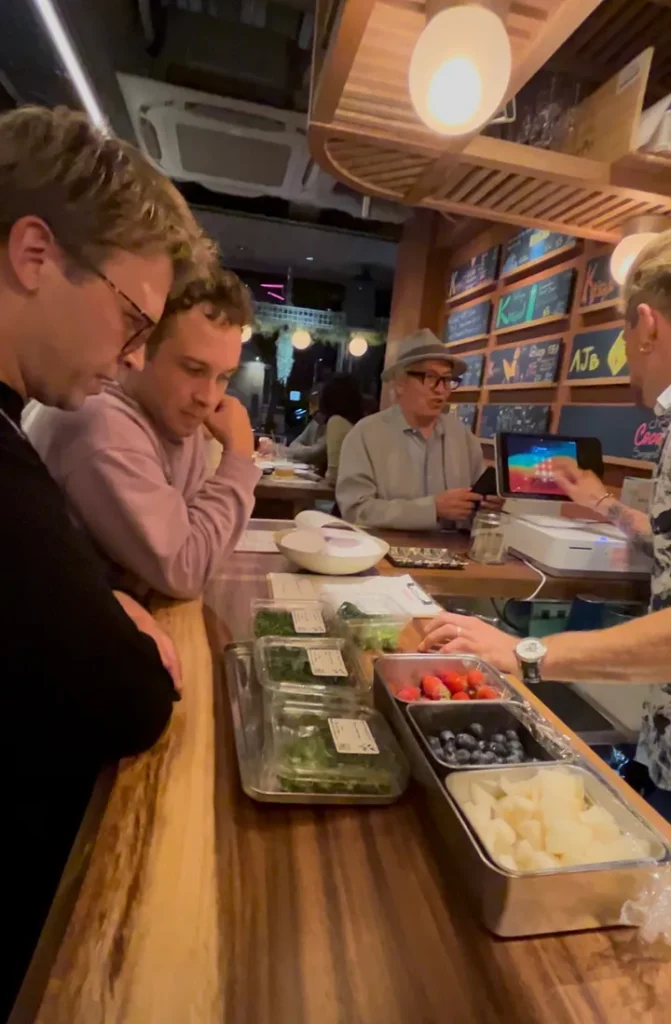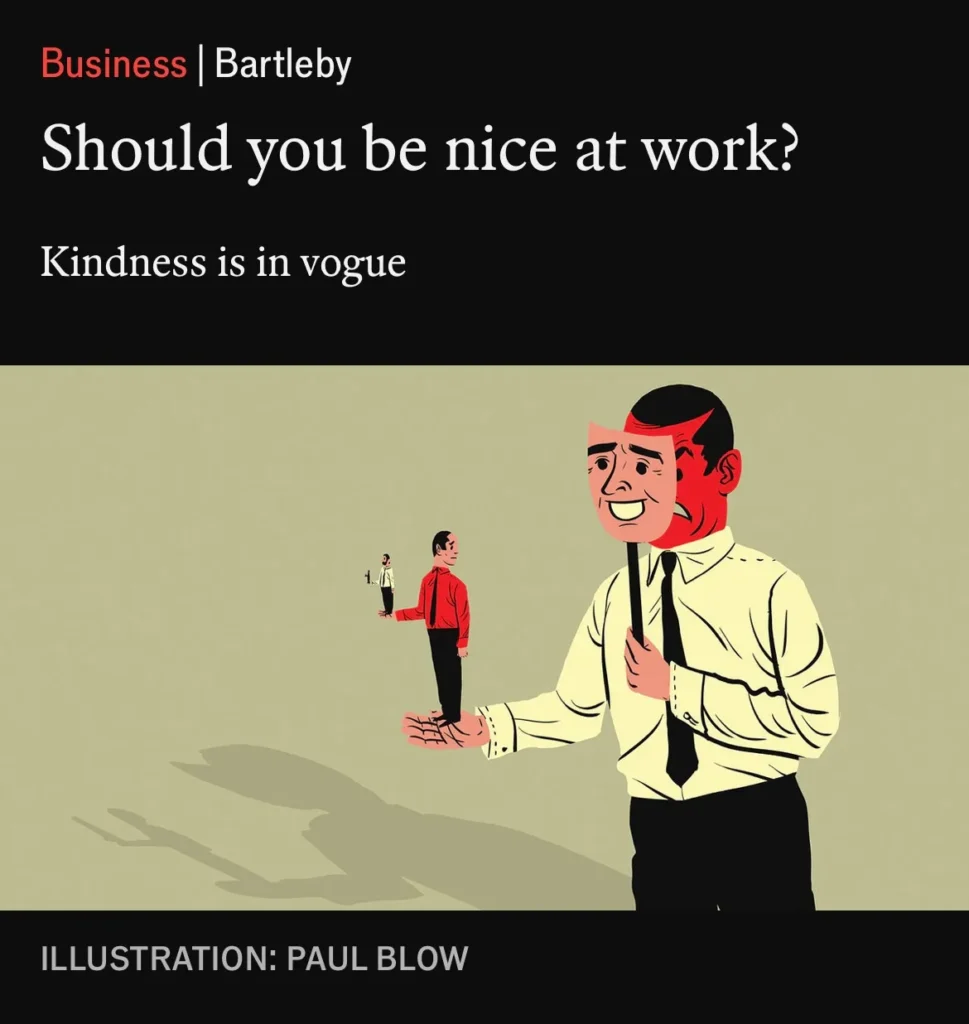Another week has passed.
I’m loving the feeling of settling into the fall season — time for pumpkin spice lattes.
This week, in one word, was busy — not in the sense of a packed calendar, but in the way my mind was filled with thoughts.
Here are three lessons I learned in my week 1,499.
1. From My Day Job Case Review

For those of you who don’t know me, I work as a technical support engineer during the day.
This lesson comes from one of the recent cases I handled. I didn’t approach it in the best way, and the issue could have been addressed more thoughtfully.
My manager and I conducted a case review, and I asked my senior teammates for feedback on my performance.
Issue
The merchant experienced difficulties with the Google Pay integration on their e-commerce checkout system, resulting in errors when clicking the payment button and causing nearly three weeks of delays in enabling the payment method.
Upon reflection,
I realized that I relied too much on email communication.
This was ineffective in resolving the issue, and I misunderstood the integration details multiple times. My avoidance of suggesting a call stemmed from a self-inflicted fear of not being able to answer the merchant’s questions on the spot, which ultimately contributed to the prolonged resolution.
To improve,
it’s clear I need to reevaluate the importance of more direct support, particularly getting on merchant calls.
To manage my fear, I’ve decided to write scripts for key moments to navigate these conversations, including responses for when I don’t know the exact answer and how to open or end the call.
Also, I also asked my senior teammate if I could shadow his merchant calls to learn how he navigates conversations and handles merchant expectations. I see this as an opportunity for professional growth.
2. From Reconnecting with an Old Colleague

Last Thursday, I met up with former colleagues from my time at a Berlin-based startup between 2020 and 2022.
A month prior, I received a LinkedIn message from one of them saying he was visiting Tokyo in October. We briefly shared life updates and decided to meet in Shibuya for dinner. I invited another colleague from the same experience, and it turned out to be an exciting invite for him.
Nearly three years have passed since we last saw each other in person.
As I smiled across the dinner table, memories flashed back to the moment we snuck out of the farewell party to chat on the rooftop of the Airbnb where his team was staying back in the winter of 2022. The party was for his team, who were soon to return to the HQ in Berlin after helping us launch the service in Tokyo.
After he returned to HQ, he left the company six months before I did. Neither of us being very active on social media, we loosely followed each other on LinkedIn after leaving the company.
With those who share the same principles, we will find ways to stay connected.
At the farewell party, I wasn’t sure how our paths would connect in the future. Would we ever meet again after leaving the company and the project? Would we have opportunities to engage in passionate discussions or share drinks again?
We had shared the experience of working together in a startup, where we faced challenges in bringing ideas to life. But because we had each other, we were generally positive and were able to focus on how to overcome those obstacles.
Since leaving the startup, we have not been in the same industry. Our work is different, our markets are different, and our life stages vary: one is married with children, while the other is getting serious about his relationship and planning to move in together with his girlfriend.
However, these differences do not hinder our connection; they make it even more unique and stimulating.
I realized that we can support each other’s journeys and learn from one another.
Even if our paths don’t cross again, they make me want to stay engaged in their worlds.
As I reconnect with people who were part of one stage of my life, I’ve noticed this happening more frequently in my late twenties. I had been too busy focusing on the immediate tasks, feeling like I was running multiple short races.
But life is actually one long marathon.
I’m beginning to have the perspective to step back and see the forest instead of just the trees.
3. From My Current Reading

Summary of the Article
- The article “Cool to be Kind: How Nice Should Managers Be at Work?” from The Economist examines the growing importance of kindness in management. It highlights research indicating that agreeable leaders promote ethical behavior, trust, and collaboration, benefiting organizational culture and performance.
- However, the article warns that kindness should not be viewed as the sole trait for effective leadership; different contexts and personality traits matter. For instance, less agreeable leaders can excel in competitive environments, and excessive kindness may impede difficult decision-making.
- Ultimately, while kindness should be a fundamental expectation in the workplace, it is not a comprehensive management strategy; the absence of kindness, however, is a clear management failure.
Reflecting on my life,
we have a new team lead who just joined this month.
Before she departed for her onboarding sessions in Singapore, she set up a chat with me at the Tokyo office and asked, “What do you want me to do as a manager? Which area can I be most helpful for you?”
I couldn’t give a straight answer; instead, I replied that I would need some time to think about it.
Prior to her arrival, my team had been reporting remotely to a team lead in Singapore, who also managed a separate team there. As our business in Japan has grown, the company decided to establish local management to better support us. Although the size of my team hasn’t changed, management explained that this adjustment was necessary for more effective oversight.
This article nudged me to revisit the question my new team lead asked: What role do I expect her to fulfill?
This question also reflects: What do I want to gain from my experience on this team? How serious am I about my role as a support engineer moving forward? What are my career aspirations? Where do I envision myself in 3 to 5 years? And what about writing — do I want to pursue it as a full-time career?
As I navigate these changes, I’ve come to see loyalty in a new light.
In Japan, people often feel a deep sense of loyalty to their families, companies, or communities. However, I’ve realized that this kind of loyalty can be unhealthy, especially in a world where change is constant and agreement with every shift is impossible.
Ultimately, the most important loyalty is to myself.
By staying true to my beliefs and aspirations, I can navigate the ever-evolving landscape around me. This perspective empowers me to embrace change while remaining grounded in my own values and goals.
I hope this week was just as fruitful for you.
If you want to receive notifications whenever I publish a new article, follow me on Medium.
Looking forward to catching up next week!